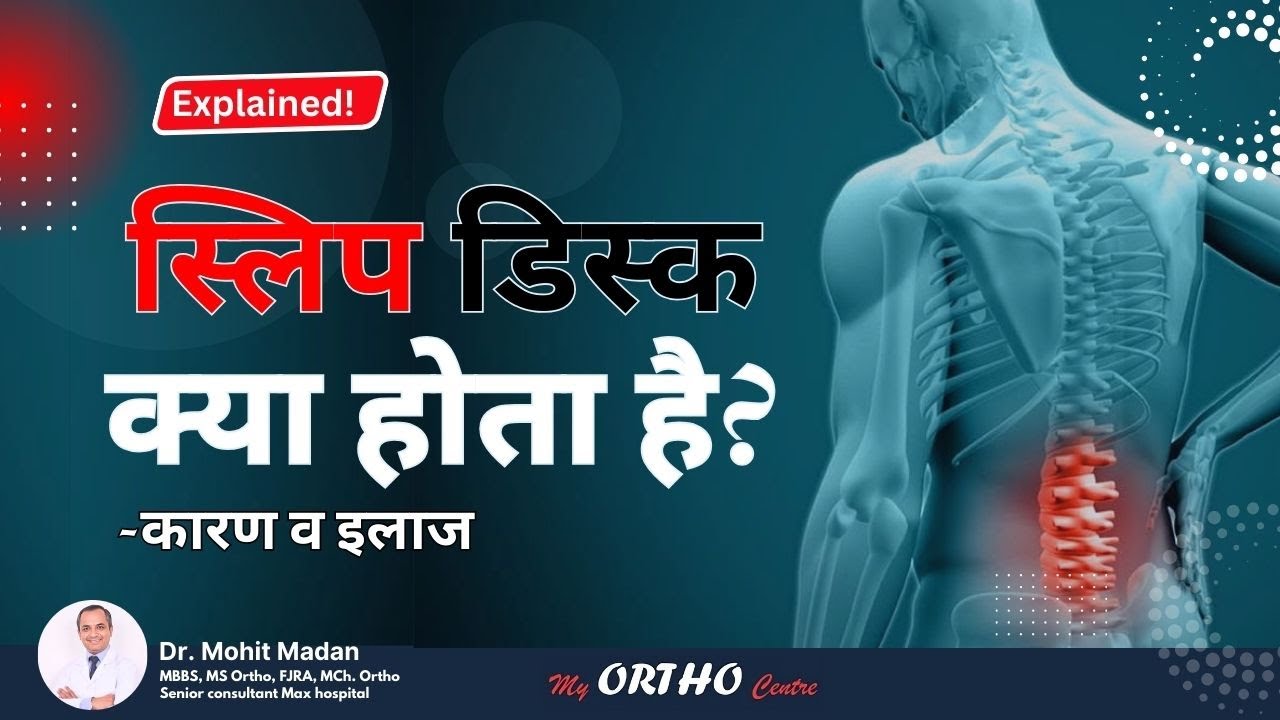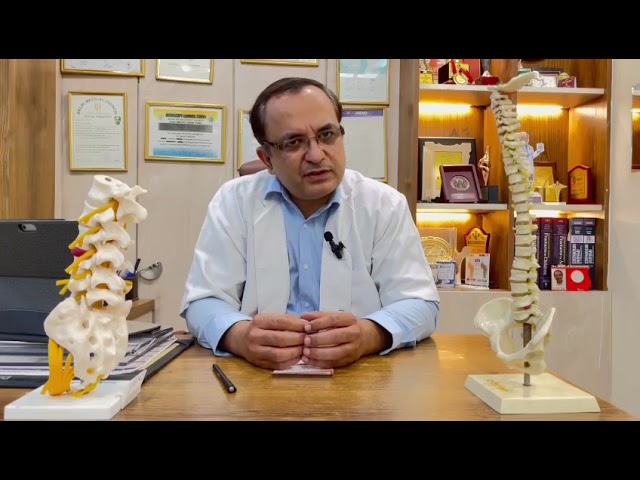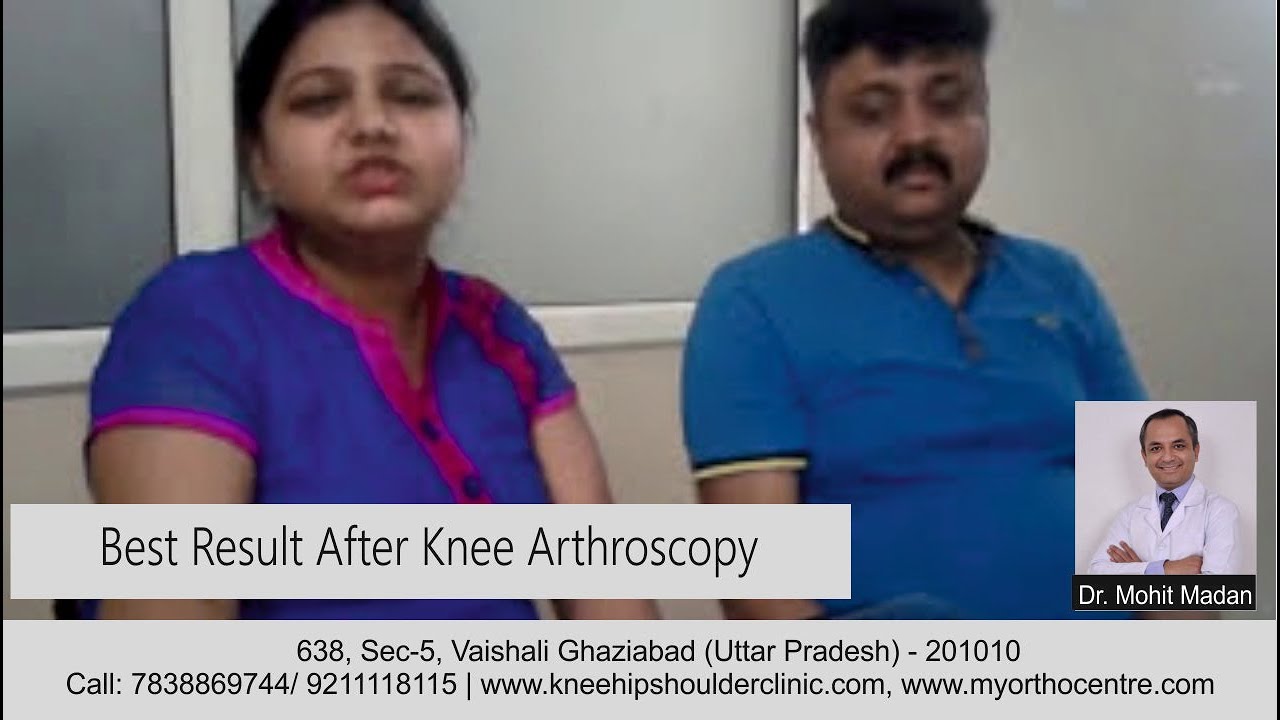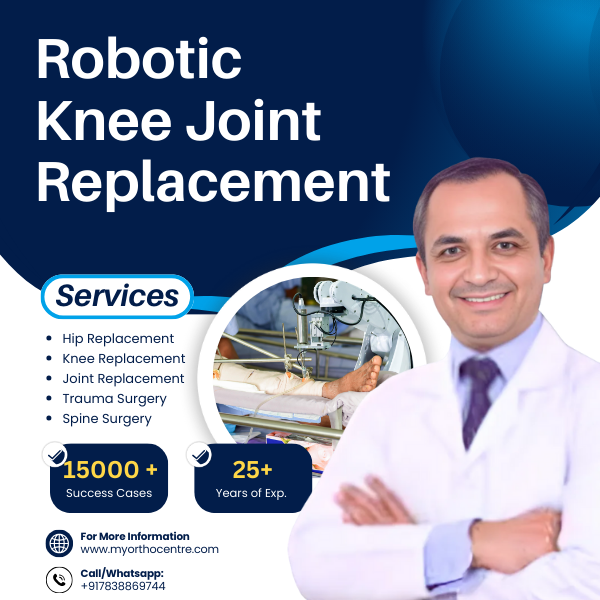
At My Ortho Centre, we specialize in advanced spine surgery to treat a wide range of spinal conditions, including herniated discs, spinal stenosis, degenerative disc disease, scoliosis, spinal fractures, and other spine-related disorders. Our primary goal is to relieve pain, restore mobility, and enhance quality of life for our patients.
Spine surgery is considered when conservative treatments such as medication, physiotherapy, or injections fail to provide relief. Using state-of-the-art technology and minimally invasive surgical techniques, we aim to achieve precise correction, reduce tissue damage, and ensure a faster recovery period.
One of the leading spine surgeons in Delhi with over 25 years of surgical experience, our team offers personalized treatment plans tailored to each patient’s specific condition. From diagnosis to rehabilitation, we are committed to delivering world-class spine care and optimal outcomes.

How Spine Surgery Benefits You at MyOrtho Centre Delhi?
Each spine surgery at My Ortho Centre is customized to the patient’s needs, ensuring accurate diagnosis, targeted treatment, minimal tissue disruption, and optimal long-term results.
The benefits of spine surgery at My Ortho Centre include:
- Effective Pain Relief: Reduces or eliminates chronic back or neck pain caused by herniated discs, spinal stenosis, degenerative disc disease, or spinal injuries.
- Minimally Invasive Options: Advanced surgical methods use smaller incisions to minimize tissue trauma, reduce scarring, and shorten recovery time.
- Faster Rehabilitation: Enables patients to resume daily activities, work, and physical fitness sooner compared to traditional open spine surgery.
- Lower Risk of Complications: Modern techniques reduce the chances of infection, blood loss, and surgical complications.
- Improved Mobility & Function: Restores spinal stability, posture, flexibility, and overall body movement.
- Preserves Healthy Tissue: Targets only the damaged spinal structures while protecting surrounding healthy bone, nerves, and muscles.
One of the leading spine surgeons with over 25 years of experience, our team at My Ortho Centre combines surgical expertise, advanced technology, and compassionate care to achieve the best outcomes for every patient.







